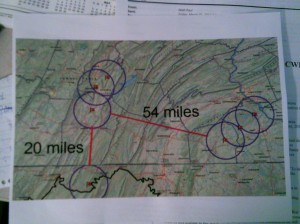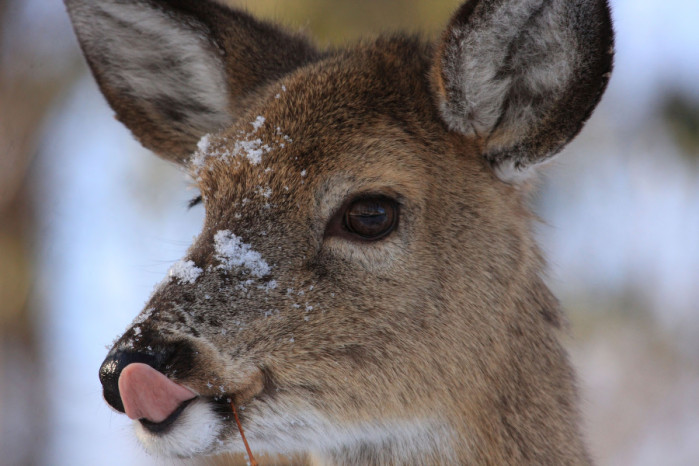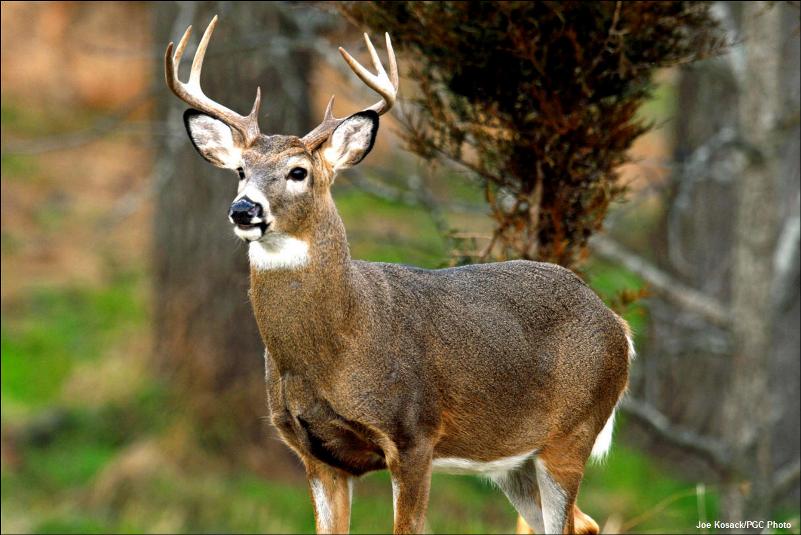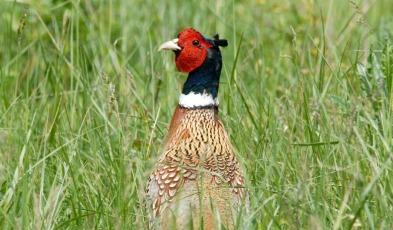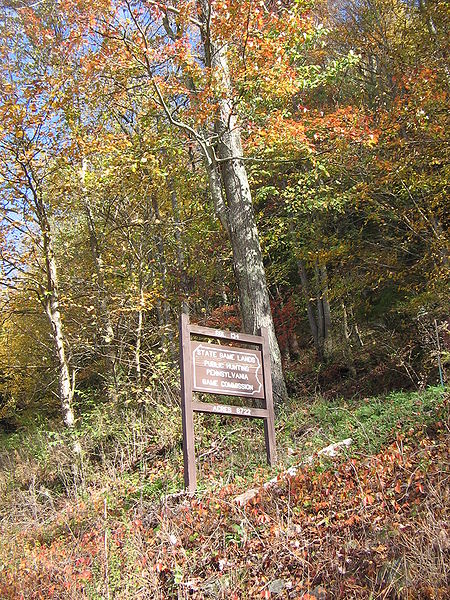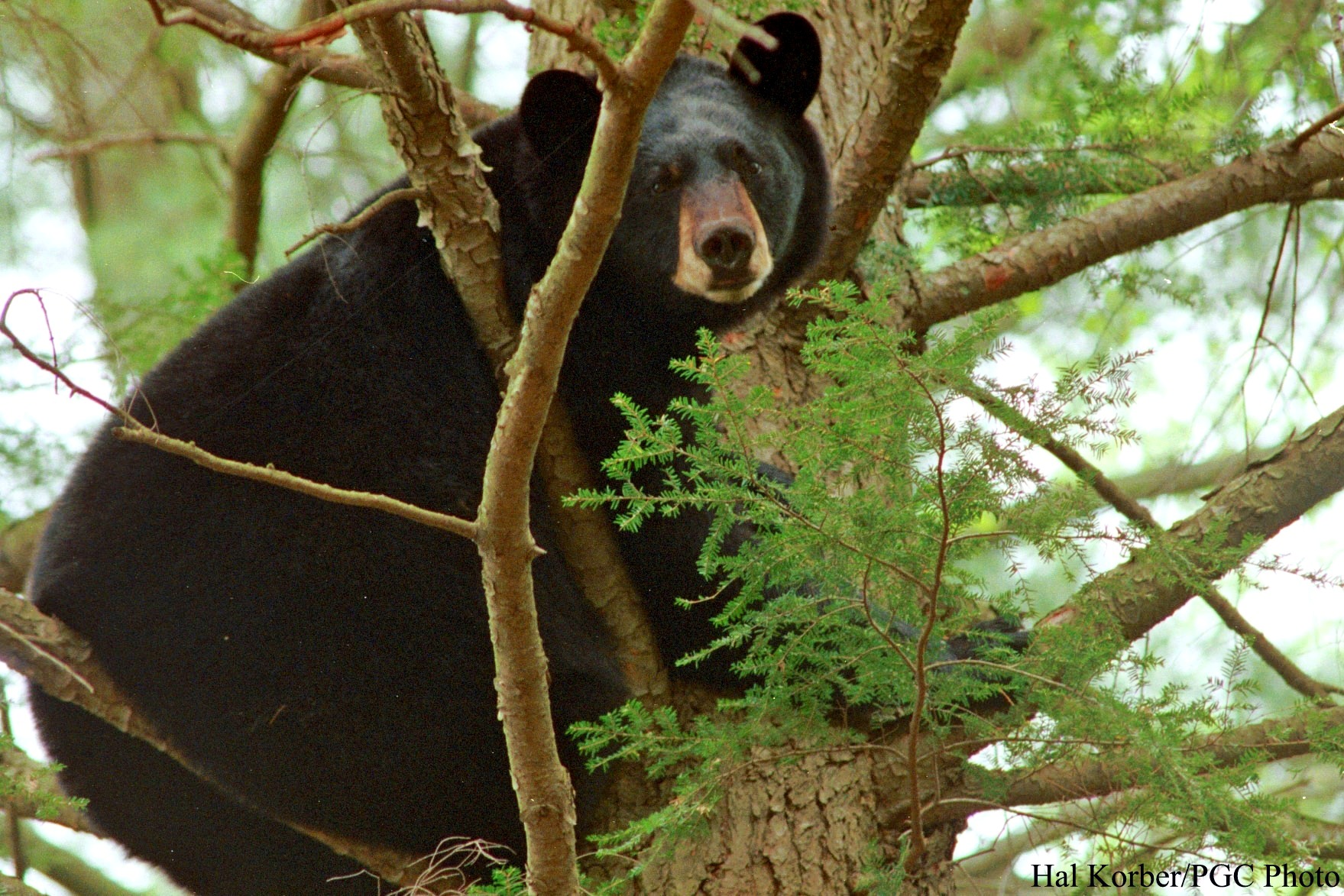Radio PA Roundtable – February 17-19, 2017
On this week’s Radio PA Roundtable, could the State System of Higher Education close or merge some of the 14 state-owned universities? The Pennsylvania Game and Fish & Boat commissions are feeling the financial pinch of these difficult times in state government. And, part 2 of our interview with F&M College political analyst Dr. Terry Madonna focuses on Governor Tom Wolf’s proposal for a $25 per capita tax on townships and municipalities that rely solely on the Pennsylvania State Police for their law enforcement.
Click the audio player below to hear the full broadcast:
This audio/video material is being presented by Radio PA and PAMatters.com for the private use of our web visitors. This copyrighted programming may not be broadcast, reproduced or otherwise exhibited without the written consent of Radio PA.




